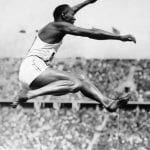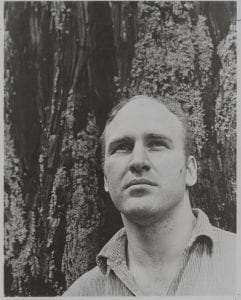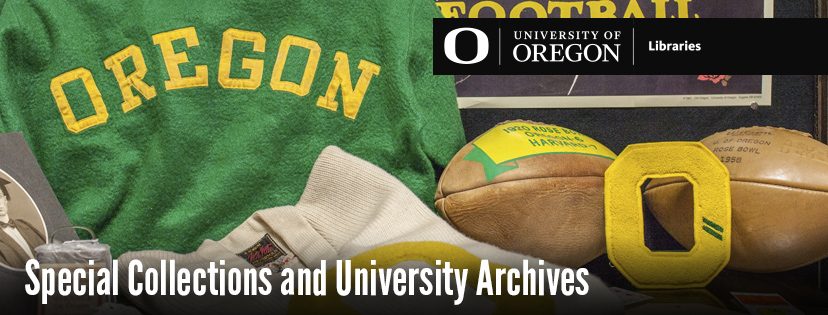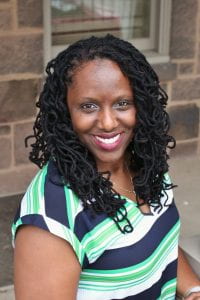Digitization Update – August 2023
Digitization Alert!
Nathan Georgitis, our Archivist of Digital Collections, has been hard at work and now there’s a fresh batch of materials to pull off the (digital) shelf!

Now available on Aviary, our hub for digitized audio/visual materials:
Haywood P. Sconce Papers (Ax 363) and his Christian Celebrity Tyme Radio Program Sound Recordings
Haywood P. Sconce (1905-1959) was an enterprising, Arkansas-born Baptist minister who served congregations in Oregon and Washington. In 1954, he became the founding director of Christian Celebrity Tyme, a religious radio program.

The Christian Celebrity Tyme sound recordings date from 1957-1958 and feature testimonials on Christian faith from public figures in the worlds of politics, sports, and industry, including a dugout interview with New York Yankee Enos “Country” Slaughter and discussions with Olympian Jesse Owens, silent film star Mary Pickford and legendary performer Ethel Waters. A particularly haunting–and apparently unused–interview with then-senator John F. Kennedy covers his thoughts on public service, personal exposure, and faith.
Explore collection finding aid here.
Listen to the recordings here.
James C. Ingebretsen Papers (Coll 147) and Freedom Story Radio Program Sound Recordings
James Ingebretsen (1906-1999) was a lawyer, developer and American conservative. His Freedom Story radio show ran from 1951-1956 and featured dramatizations on conservative and libertarian themes and commentary.
Explore collection finding aid here.
Listen to the recordings here.
Side note: are you researching conservative and libertarian movements? SCUA’s James Ingebretsen Memorial Travel Fellowship offers funding up to $2,500 each year. Information and application here.
Tom Anderson Papers (Coll 157) and the Straight Talk Radio Program Sound Recordings
Thomas Jefferson Anderson (1910-2002) was a member of the John Birch Society National Council, publisher of farm magazines, editorialist, public speaker, and a conservative political activist in the American Party. His syndicated column Straight Talk appeared in magazines and newspapers and, in 1957, became a book of the same name. His weekly radio program, also called Straight Talk, included discussions on foreign policy, religion and the war in Vietnam.
Explore collection finding aid here.
Listen to recordings here.
Hypatia: A Journal of Feminist Philosophy Records (Coll 913)
Hypatia: A Journal of Feminist Philosophy is a peer-reviewed academic journal published quarterly by Cambridge University Press. Named after Hypatia of Alexandria, a mathematician and philosopher who was murdered by a mob in 415 CE, the journal was founded by the Society for Women in Philosophy (SWIP), who chose the name to reflect the enduring roots that women have in philosophy. The digitized portion of the video collection features feminist philosophers expanding on articles published in the journal.
Explore collection finding aid here.
Watch videos here.
Interested in learning more? UO is hosting a conference this September in celebration of Hypatia’s 40th anniversary. Event information here.
Ken Kesey
Ken Kesey (1935-2001) was a University of Oregon graduate and professor, in addition to being an internationally renowned Oregonian novelist, essayist, and counterculture figure.
As a graduate fellow in creative writing at Stanford, Kesey was a volunteer in psychoactive drugs experiments being conducted at the Veterans Hospital in Menlo Park, where he later became an employee. Both experiences would have a profound impact on his art and writing, particularly the novel One Flew Over the Cuckoo’s Nest, published in 1962.

In 1964, Kesey incorporated himself as Intrepid Trips, Inc, purchasing a 1939 International school bus dubbed “Further.” He and his artistic circle, dubbed the Merry Pranksters, began the cross-country road trip to the New York World’s Fair that would become the basis for Tom Wolfe’s Electric Kool-Aid Acid Test. After the group returned to California in 1965, they busied themselves by editing film footage of the bus trip, organizing parties known as the Acid Tests. The Grateful Dead served as the house band for many of these gatherings.
Newly digitized Kesey materials:
Scott Parker Collection of Ken Kesey Sound Recordings (Coll 932)
Scott F. Parker is an Oregonian author who collected these materials from the Pacifica Radio Archives while researching his book, Conversations with Kesey. His recordings consist of interviews and book talks by Kesey.
Explore collection finding aid here.
Listen to recordings here.
Ken Kesey Papers (Ax 279)
Explore collection finding aid here.
Access digitized recordings of Kesey and friends, circa 1965, here.
Second side note: are you researching Ken Kesey and/or Vietnam-era literature and counterculture? SCUA’s James Laughton Ken Kesey Fellowship offers funding up to $3,000 each year. Information and application here.




